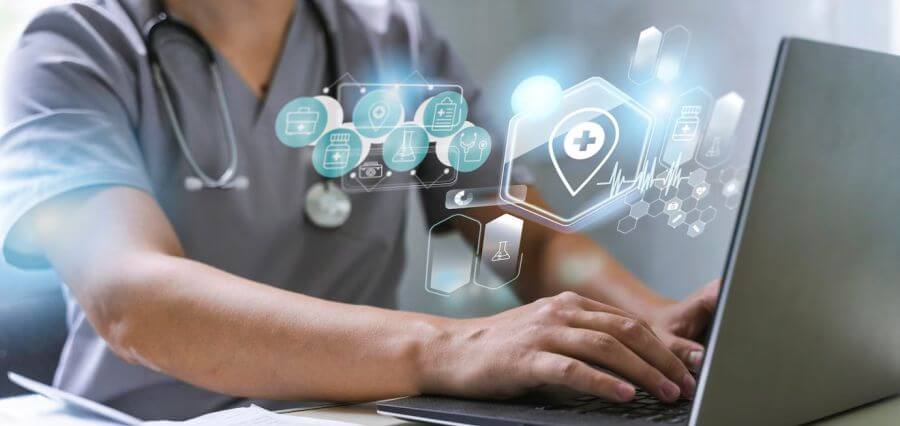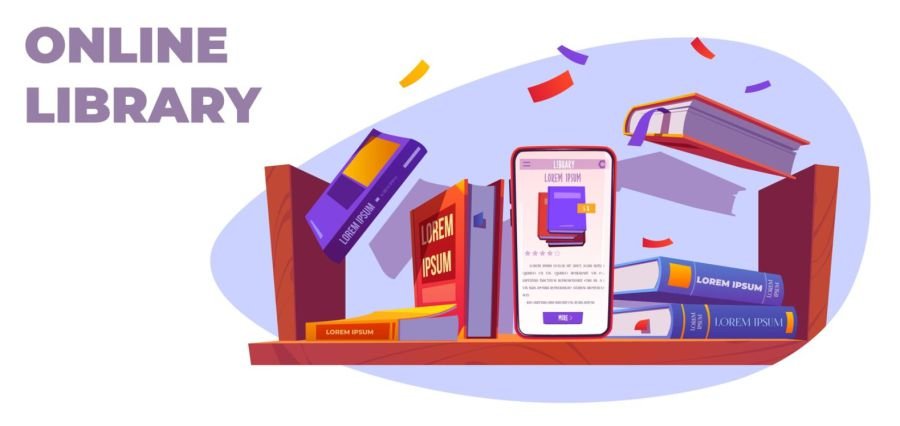What makes medical CRM software the right choice for your practice? In the world of healthcare software, finding the right tools can make a big difference. A good medical CRM helps manage patient relationships and streamline workflows.
But how do you know what features to look for? This guide will walk you through the key features every medical CRM should have. Let’s explore how the right software can improve your healthcare services today!
Communication Tools
Communication tools are a key part of CRM tools in healthcare. They help doctors and patients stay in touch. Email reminders make it easy to manage appointments.
Text messages send updates quickly. Secure chat keeps conversations private. Video calls allow for simple virtual visits. Automated replies save time for busy staff. These tools make communication smooth and improve patient care.
Integration Capabilities
Integration capabilities are important in medical CRM software. They help connect different systems for better use. A CRM should work with electronic health records (EHR). It should also connect with billing and payment tools. These software features save time by sharing data automatically.
Integration with email and messaging platforms is helpful too. It makes patient communication easier. Good integration keeps all information in one place. These features improve workflow and patient care.
Analytics and Reporting
Analytics and reporting are important in a medical CRM. They help track patient data and improve services. A tool like Veeva Medical CRM offers strong analytics features. It can show trends in patient care and staff performance. Reports help clinics see what is working well.
They also highlight areas that need improvement. Real-time analytics keep you updated on key metrics. Clear reporting makes it easy to share data with your team. Veeva Medical CRM helps clinics make better decisions with these tools.
Workflow Automation
Workflow automation is a key feature in medical CRM software. It helps save time by automating repetitive tasks. Appointments can be scheduled automatically without manual input. Patient reminders and follow-ups are sent out on their own. This reduces the workload for staff and prevents errors.
Automated billing and payment processing speed up operations. It also helps keep patient records updated without extra effort. Workflow automation ensures tasks are done on time.
Mobile Accessibility
Mobile accessibility is an important feature in medical CRM software. It allows staff to access patient data from anywhere. Doctors can check records on their phones during rounds. Patients can book appointments through mobile apps. This makes it easier to stay connected on the go.
Mobile access also allows for quick updates and responses. It ensures that healthcare workers are always informed. With mobile accessibility, tasks can be done faster. This feature improves both patient care and office efficiency.
Learn More About Medical CRM Software
A medical CRM is essential for managing patient relationships and improving clinic operations. It helps streamline tasks and enhances communication.
With features like mobile accessibility, workflow automation, and analytics, it makes healthcare more efficient. Choosing the right medical CRM can boost patient care and staff productivity. It is an important tool for any healthcare practice.
Looking for more tips and ideas? We’ve got you covered. Check out some of our other posts now.










